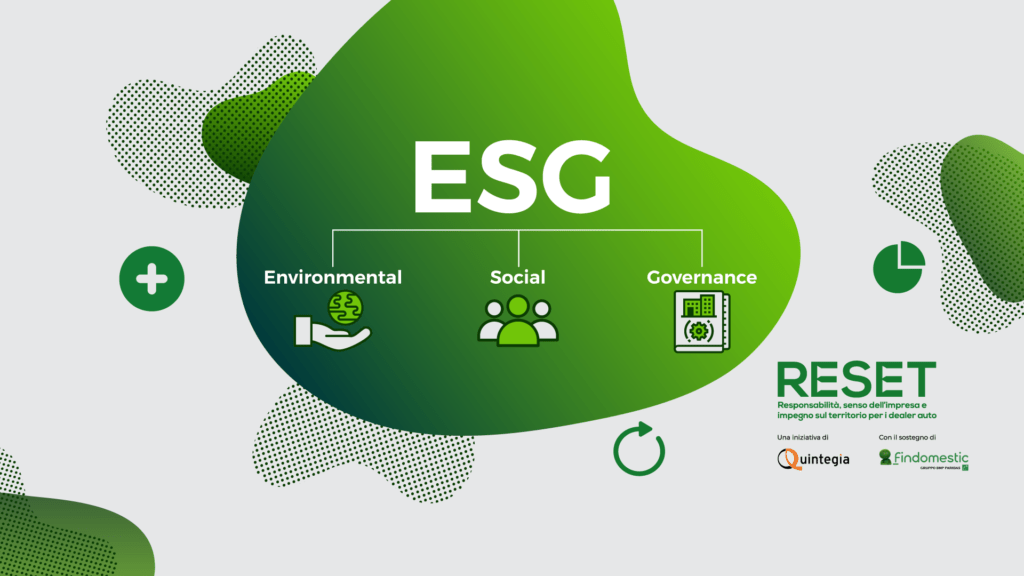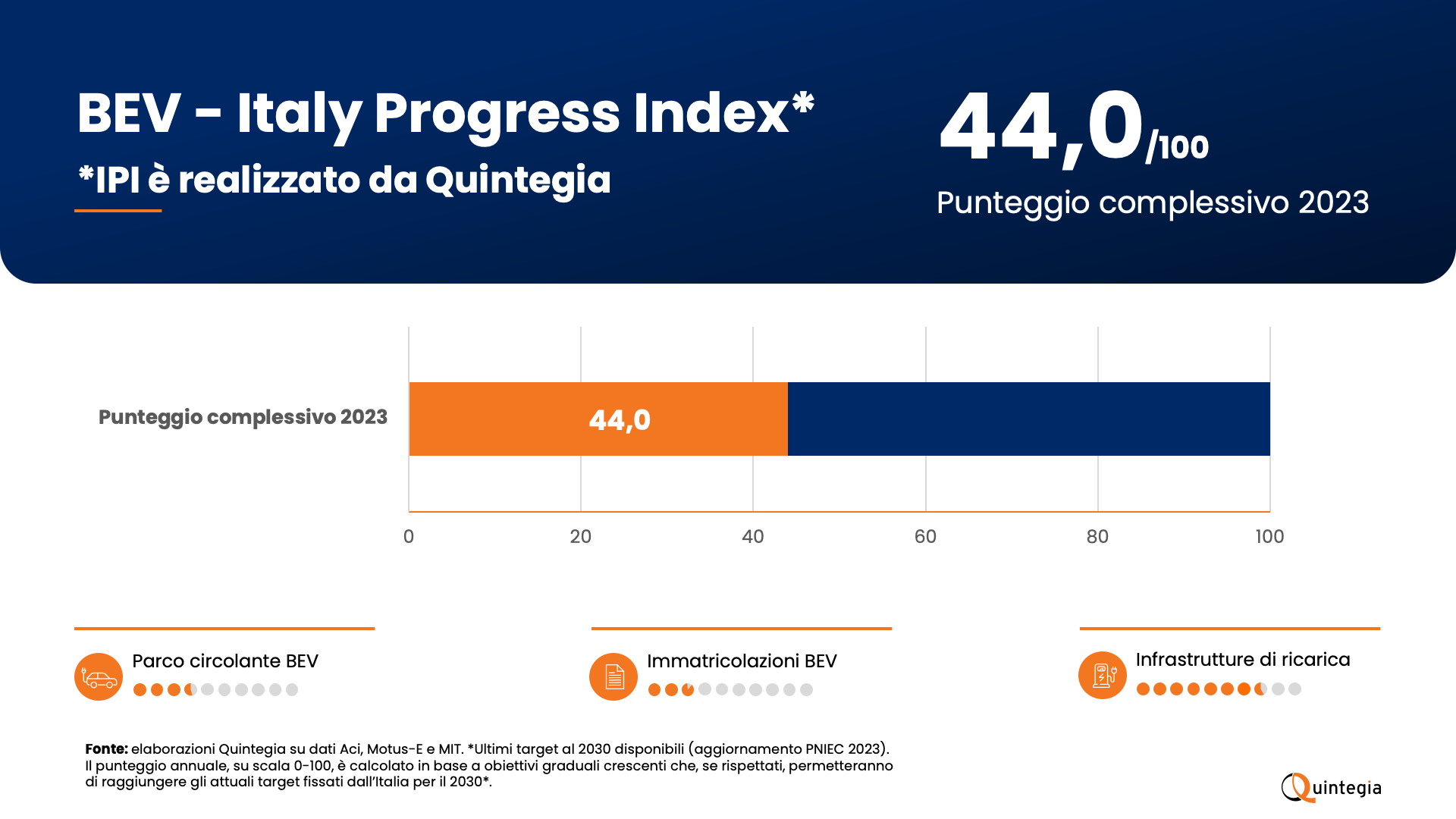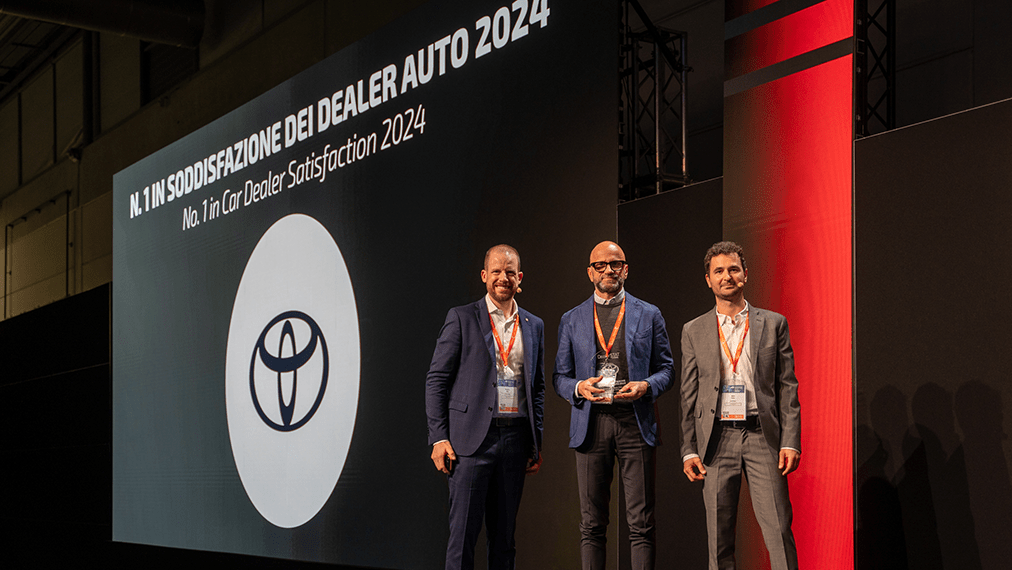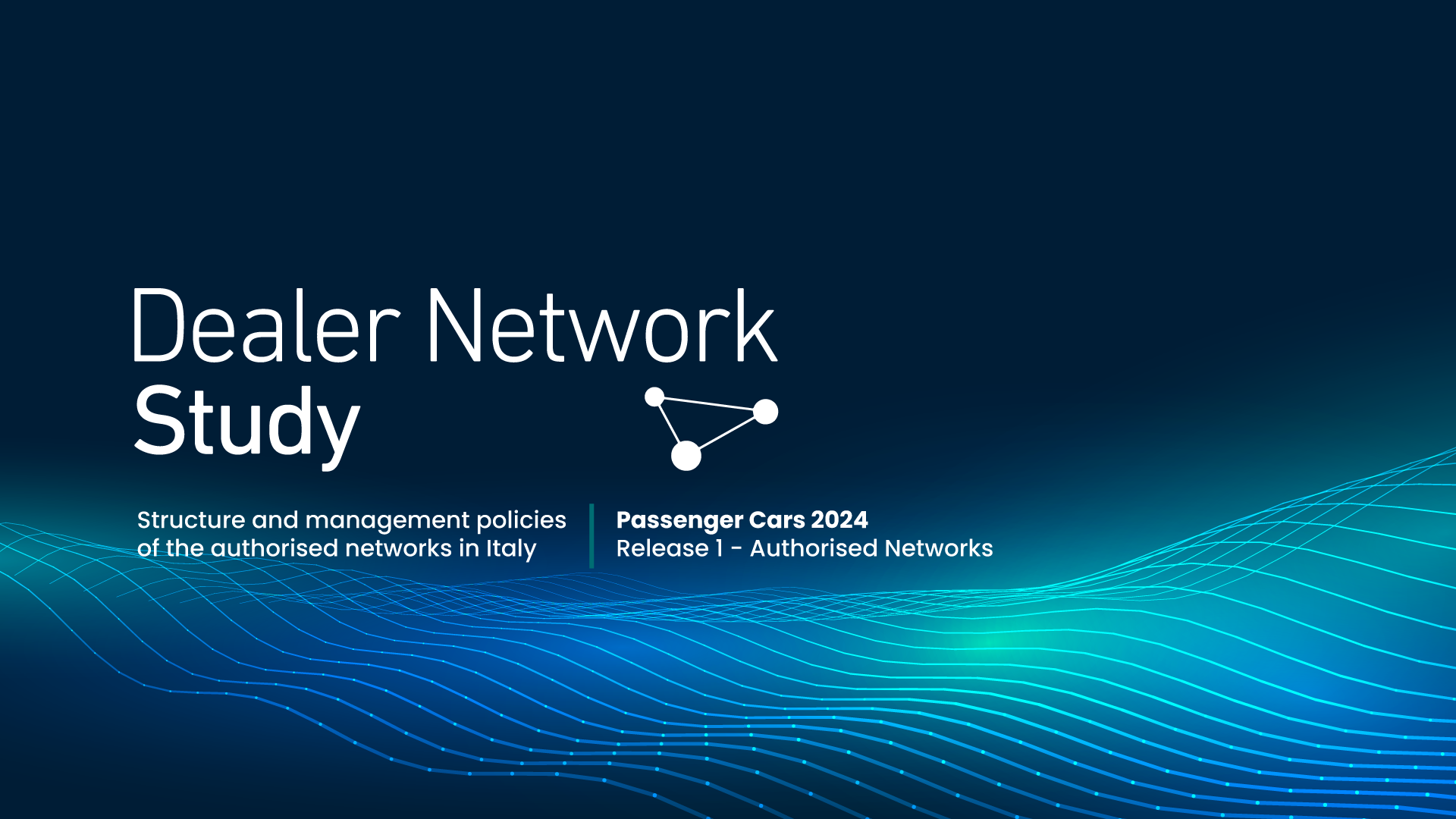The past 12 months have brought a revolution to our lives as citizens, workers, and motorists. In addition to a profound practical impact – namely, on travel, social interactions, and work arrangements – there has been an equally profound impact on our way of questioning our lives, our relationship with our respective communities, and the entire planet. The stimulus to ask new questions or recalibrate existing ones induced by the pandemic has merged with a line of thinking that goes back further, focusing on questions about the relationship between the economic system and society, the role of companies in communities, and the relationship between production chains and natural resources, also looking ahead to assess impacts and balances more deeply.
Browsing through the pages of leading economic newspapers, we see how the reference to the ESG component, an Anglo-Saxon acronym for Environment, Society, and Governance, has become pervasive. The way companies are evaluated for bank loans or investments has incorporated this logic, seeking to thoroughly examine the key characteristics of each company on these aspects.
The automotive and mobility sector, with all the actors directly or indirectly involved, is affected by these dimensions, calling for a deep reconsideration that extends to the top of companies, down to the core and most intimate aspects of the entrepreneurial individuals who lead them.
The environmental front (E in ESG) calls for a careful evaluation of greenhouse gas emissions or pollutant emissions related to one’s productive activity. In addition to technological innovation in engines, this concerns all workflows and mobility related to one’s activity. There is a growing need to devise new ways to reduce the consumption of natural resources, perhaps through a more intelligent use of available data. The spotlight is intensifying on a broader view of products throughout their entire life cycle, leading to a more transparent design and sharing with consumers of aspects such as the destination of used oils, automobile scrap, replacement parts, regenerated batteries, and so on.
The social front (S in Society in ESG) brings to the forefront equally important and stimulating themes, such as gender workforce balance. Like many other areas, the automotive sector has many opportunities related to a reconsideration of the potential of the female gender in many of its job positions, even in leadership roles. Another extremely current issue is that of privacy compliance: for a sector that rightly values customer data for the purpose of personalizing its offerings and interactions, it has become more delicate to ensure an adequate balance that does not lead to intrusions into people’s private lives with annoying situations.
The governance front (G in Governance in ESG) unfolds into several highly relevant areas. Consider, for example, the company’s ethics, which can encompass a wide range of situations, such as the prevention and management of fraudulent behavior by employees or competitors that can harm the company or its customers. In the mobility sector, there are undoubtedly extremely sensitive areas, such as insurance, taxation, real vehicle mileage, and so on, which can benefit from an upgrade in terms of formalization and transparency for safeguarding purposes. The ethical front should also be seen in an extended perspective along the entire supply chain and services, where companies are increasingly called upon to actively and scrupulously verify that the entire upstream range of activities complies with certain constraints and parameters.
RESET(official page here) is an initiative by Quintegia in collaboration with Findomestic Banca, aimed at increasing attention and awareness on these issues by promoting virtuous behaviors and productive interactions, starting with the already important dimensions of social responsibility, the sense of enterprise, and the relationship with the territory that auto dealers have always demonstrated. This initiative projects the challenge into a new framework of elements and activities that are destined to profoundly characterize the business of the coming years.









